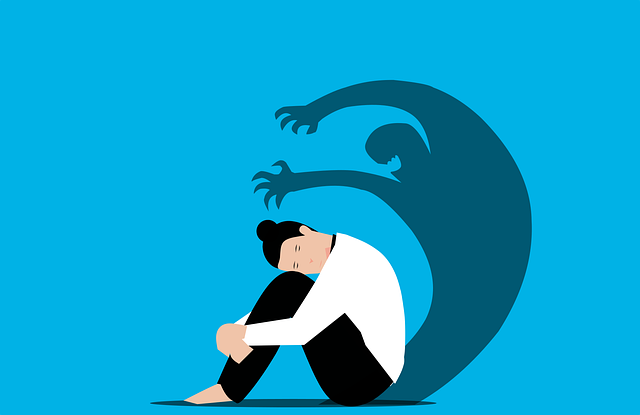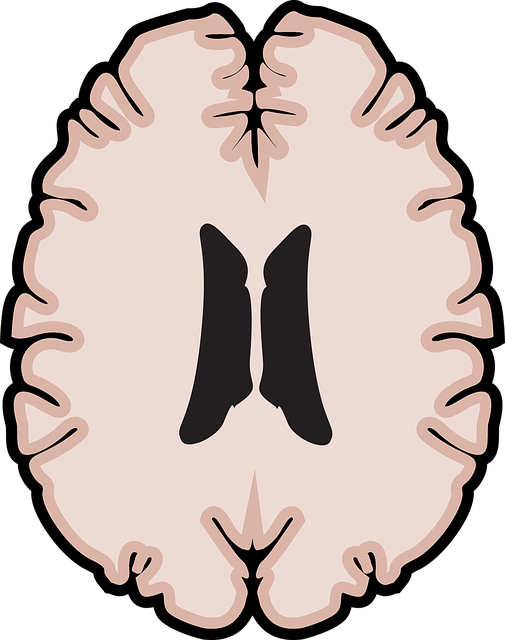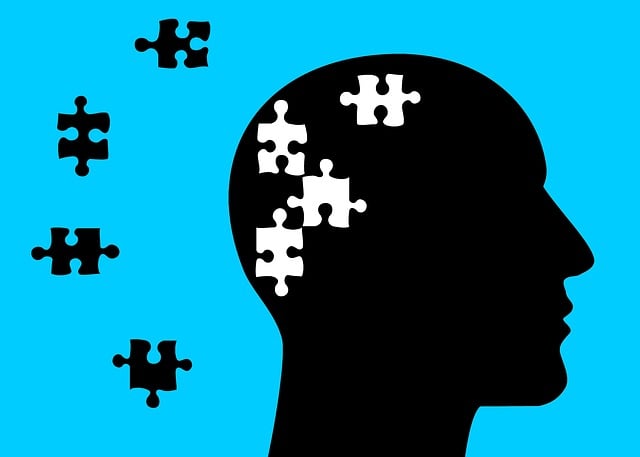Mental wellness coaching combines active listening, empathy, and mindfulness techniques like meditation to empower individuals in achieving optimal mental health. In addressing chronic pain, Littleton Chronic Pain Therapy integrates holistic approaches targeting both physical and psychological aspects of wellness. Through evidence-based practices such as Self-Awareness Exercises and Mindfulness Meditation, coaches guide clients to develop coping mechanisms that enhance overall well-being, boost resilience, and improve quality of life. Effective coaching protocols require a tailored approach combining structured techniques with personalized guidance, including crisis intervention strategies. Measuring success through quantitative and qualitative methods, such as KPI tracking and client feedback, allows coaches to refine approaches and demonstrate the value of their support in preventing burnout.
Mental wellness coaching programs are gaining prominence as essential tools for holistic well-being. This article offers a comprehensive overview of mental wellness coaching, delving into its benefits and the unique integration of techniques like Littleton Chronic Pain Therapy. We explore how this approach can address the mind-body connection, particularly in managing chronic pain’s impact on mental health. By examining effective coaching protocols and measurement strategies, professionals can enhance client outcomes, revolutionizing mental wellness support.
- Understanding Mental Wellness Coaching: A Comprehensive Overview
- The Impact of Chronic Pain on Mental Health
- Integrating Littleton Chronic Pain Therapy into Coaching Programs
- Designing Effective Coaching Protocols for Mental Wellness
- Measuring Success and Client Outcomes in Mental Wellness Coaching
Understanding Mental Wellness Coaching: A Comprehensive Overview

Mental wellness coaching is a growing field that focuses on supporting individuals in achieving optimal mental health and well-being. It involves guiding clients to develop personal strategies for managing stress, improving emotional resilience, and cultivating positive coping mechanisms. Unlike traditional therapy, coaching emphasizes collaboration, motivation, and empowerment, working with clients to set goals and find solutions tailored to their unique needs.
At its core, mental wellness coaching encourages self-awareness and introspection through active listening, empathy building strategies, and mindfulness techniques like meditation. These practices help individuals understand their thoughts, emotions, and behaviors, fostering better emotional regulation and decision-making skills. In the context of Littleton Chronic Pain Therapy, for instance, coaches can assist clients in navigating the challenges of chronic pain by integrating holistic approaches that address both physical and psychological aspects of wellness.
The Impact of Chronic Pain on Mental Health

Chronic pain can significantly impact an individual’s mental health and overall well-being, as the persistent nature of such pain can lead to a cycle of emotional distress and physical discomfort. This complex interplay between chronic pain and mental health is a growing area of interest in healthcare, especially with the rise of conditions like fibromyalgia and arthritis affecting millions worldwide. Many individuals suffering from these conditions often experience depression, anxiety, and reduced quality of life, which can be exacerbated by the challenges of managing persistent pain.
In Littleton, Chronic Pain Therapy programs have emerged as a crucial component of comprehensive healthcare solutions. These therapeutic approaches focus on empowering patients to cope with their pain while addressing the psychological impact. Through various techniques, including cognitive-behavioral therapy and mindfulness practices, mental wellness coaching can play a pivotal role in depression prevention and burnout reduction among healthcare providers who frequently interact with chronic pain sufferers. Effective risk management planning for mental health professionals is essential in ensuring they are equipped to support patients navigating these complex conditions.
Integrating Littleton Chronic Pain Therapy into Coaching Programs

Integrating Littleton Chronic Pain Therapy into coaching programs offers a holistic approach to mental wellness. This innovative strategy leverages the power of evidence-based practices to address both physical and emotional aspects of pain management. By incorporating techniques such as Self-Awareness Exercises and Mindfulness Meditation, coaches can help clients develop coping mechanisms that enhance their overall well-being. These exercises not only boost resilience but also foster a sense of control over chronic pain, thereby improving the quality of life.
For instance, Littleton Chronic Pain Therapy focuses on teaching individuals to recognize and manage their pain responses, which is particularly beneficial for those dealing with persistent discomfort. Through interactive sessions, coaches can guide clients in understanding the connection between thoughts, emotions, and physical sensations. This heightened self-awareness, coupled with Confidence Boosting techniques, equips individuals to navigate challenging situations more effectively, ultimately leading to improved mental wellness and a greater sense of empowerment.
Designing Effective Coaching Protocols for Mental Wellness

Designing effective coaching protocols for mental wellness is a nuanced process that requires a deep understanding of individual needs and goals. At its core, successful coaching involves building a safe and supportive space where clients feel empowered to explore their thoughts and emotions. Incorporating evidence-based practices like Littleton Chronic Pain Therapy can provide a framework for managing symptoms and fostering resilience.
Mental wellness coaching programs development should include a mix of structured techniques and personalized guidance. Self-Awareness Exercises, such as mindfulness meditation and reflective journaling, equip individuals with valuable tools to manage stress and navigate challenging situations. Additionally, integrating Crisis Intervention Guidance allows coaches to recognize warning signs and offer timely support during moments of crisis, ensuring clients feel equipped to maintain their mental health long-term.
Measuring Success and Client Outcomes in Mental Wellness Coaching

Measuring success and client outcomes is a pivotal aspect of mental wellness coaching programs. Coaches should adopt quantitative and qualitative methods to assess progress, ensuring that interventions are effective and tailored to individual needs. This process involves tracking key performance indicators (KPIs), such as improvements in mood, reduced anxiety levels, and enhanced coping mechanisms. Regularly scheduled assessments, client feedback forms, and self-reported journals can provide valuable insights into the impact of coaching. For instance, a study focusing on Littleton Chronic Pain Therapy revealed significant reductions in pain intensity and associated distress among participants who underwent structured coaching sessions.
By evaluating these outcomes, coaches can refine their approaches, adapt techniques, and offer more personalized support. Moreover, measuring success helps in demonstrating the value of mental wellness coaching to both clients and stakeholders, fostering trust and encouraging continued engagement. This evidence-based practice is particularly relevant in Stress Management Workshops Organization initiatives aimed at burnout prevention, where regular monitoring ensures that participants derive maximum benefit from the program.
Mental wellness coaching programs have evolved significantly, incorporating strategies like Littleton Chronic Pain Therapy to address complex issues. By integrating evidence-based practices and measuring client outcomes, coaches can effectively support individuals navigating mental health challenges. This comprehensive approach ensures that coaching remains a powerful tool for enhancing mental wellness and improving lives.














